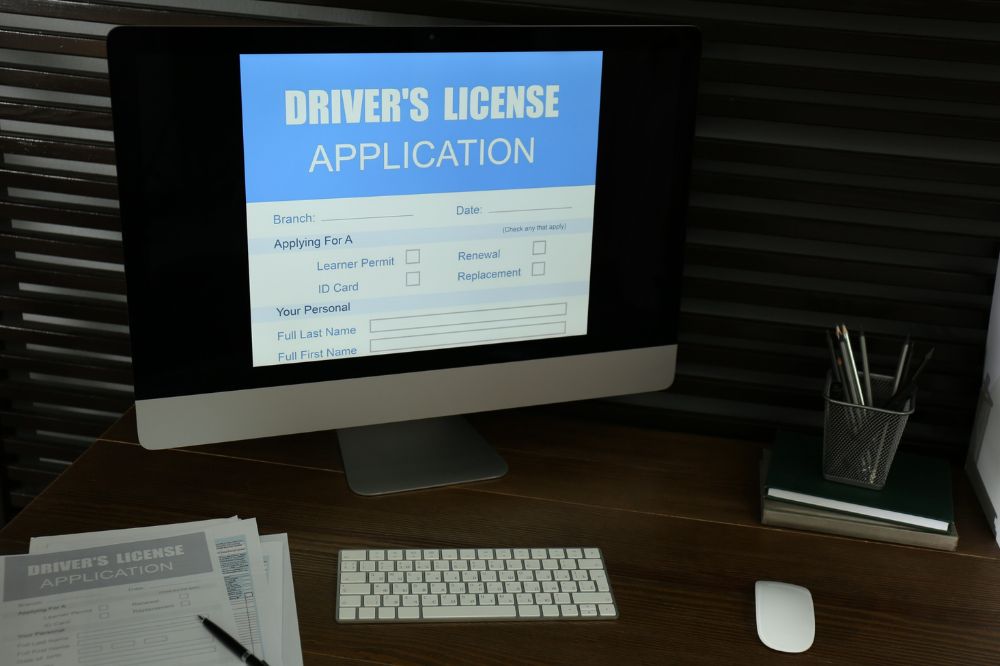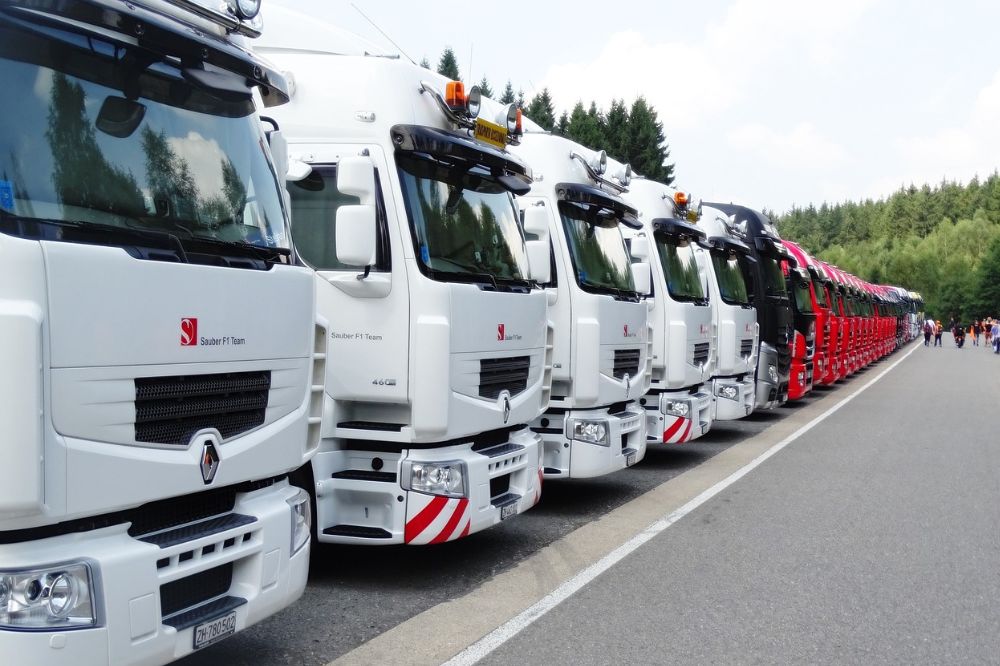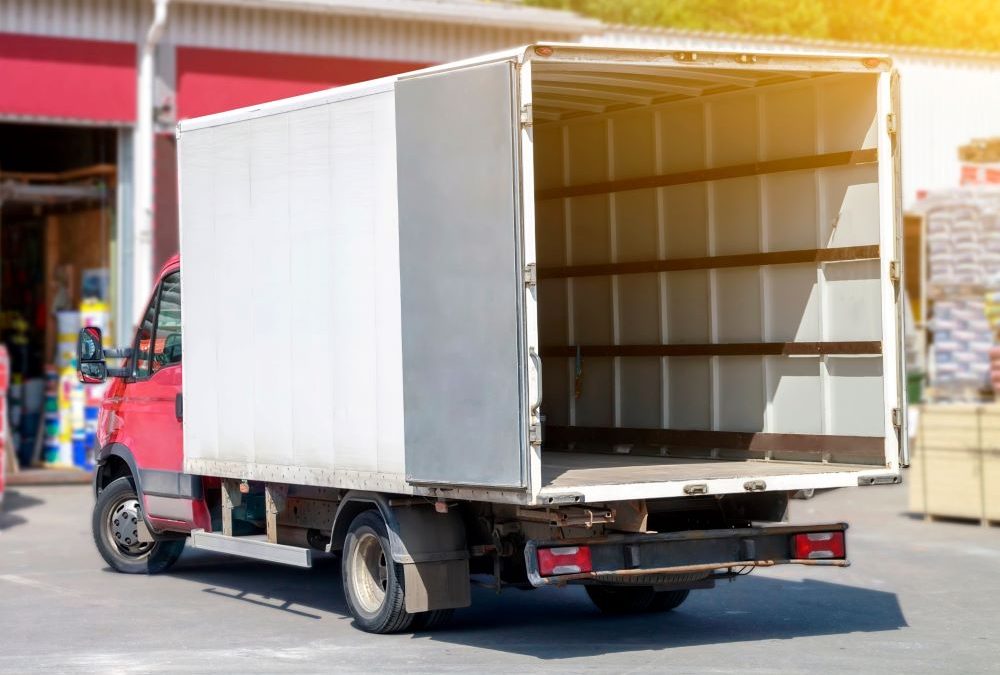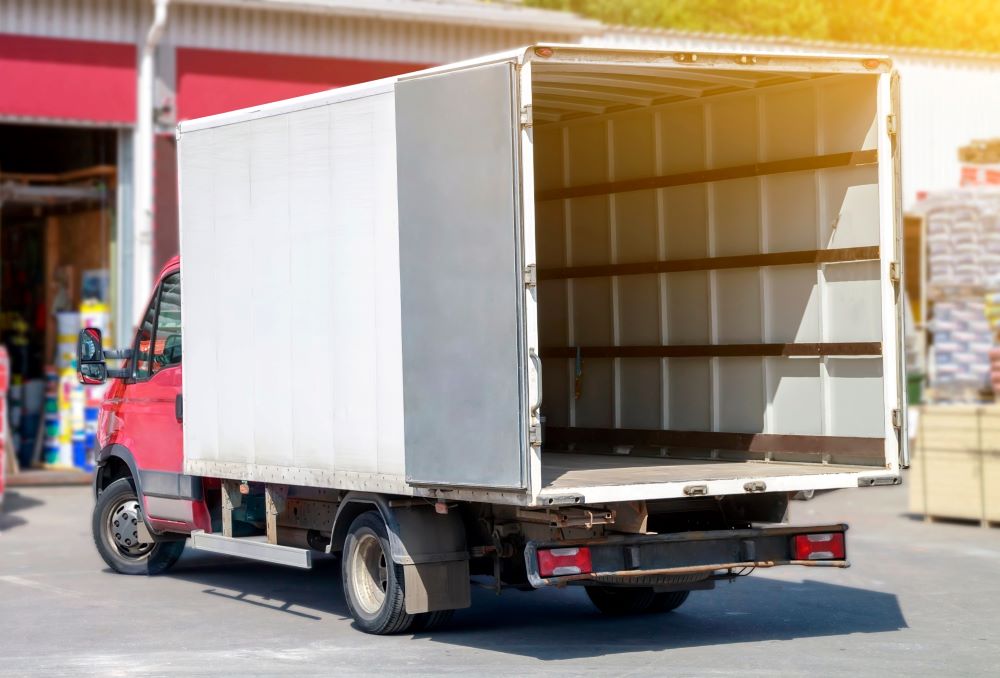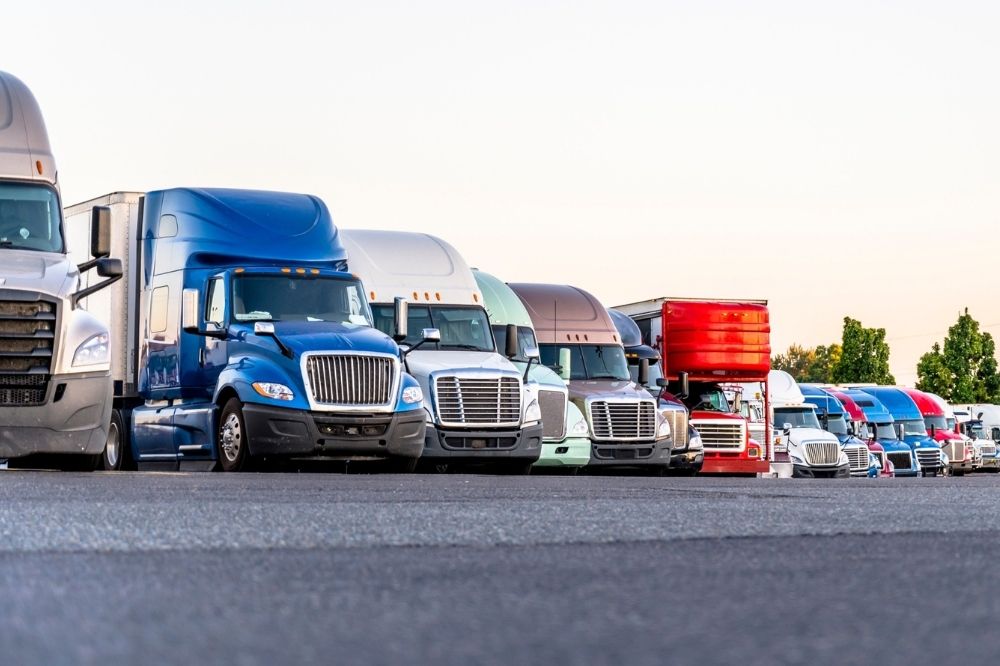
Whether you’re a truck driver, a fleet manager, or other trucking industry professional, understanding truck classifications is crucial to know how they fit into your operations.
We can classify many types of trucks into a few key categories. Understanding the limits and possibilities of each category is essential for choosing the right truck to do the job most effectively.
We’ll explore everything you need to know in the guide below.
Overview of Truck Classifications
Truck classification places different commercial trucks into categories based on their Gross Vehicle Weight rating (GVWR).
Gross Vehicle Weight Rating is the maximum truck weight a vehicle can be when fully loaded, which includes the weight of the vehicle and the cargo.
Whether you’re looking at pickup trucks, city delivery trucks, dump trucks, bucket trucks, box trucks, or any other commercial vehicles, we can classify them into three major categories. Let’s break these down.
Light-Duty Trucks
Light-duty trucks have a GVWR of up to 14,000 pounds. People often use these trucks for lighter tasks because they are smaller.
Light-duty trucks are used for tasks like deliveries, landscaping, and small-scale construction. Businesses use them because they’re easier to maneuver and more fuel-efficient than larger trucks. These trucks are also perfect for operating in a city with tight spaces.
Medium-Duty Trucks
Medium-duty trucks have a GVWR between 14,001 and 26,000 pounds. They’re larger and stronger than light-duty trucks, but not as heavy as heavy-duty trucks.
A range of different commercial vehicles fall under the medium-duty truck category. This truck classification commonly includes vehicles used in industries like utility services, towing, and larger delivery operations.
Medium-duty commercial trucks are ideal for tasks that require more power and capacity than light-duty trucks can offer.

Heavy-Duty Trucks
Heavy-duty trucks have a GVWR of over 26,001 pounds. They’re the largest and most powerful trucks on the road, designed to carry heavy loads over long distances.
Heavy-duty trucks are essential for long-haul transport, moving goods across the country. They’re also used for specialized transport, such as moving large machinery, hazardous materials, or oversized loads.
Industries like retail, manufacturing, and agriculture rely heavily on semi-trucks. These trucks transport everything from consumer goods to raw materials, making them essential for supply chains.
Differences Between Class 7 and Class 8 Trucks
When looking at any enormous trucks, it’s important to understand the different class categories that exist.
Semi-trucks, also known as tractor-trailers, are a key type of heavy-duty truck. They’re classified mainly into Class 7 and Class 8.
Class 7 trucks have a GVWR between 26,001 and 33,000 pounds. They’re often used for city deliveries, regional hauling, and garbage trucks.
Class 8 trucks have a GVWR of over 33,000 pounds. They’re used for the heaviest loads and long-haul transportation. These trucks are the backbone of the freight industry, transporting goods across vast distances.
Class 8 semi-trucks are what generally comes to mind when people think of the trucking industry. These types of trucks can be modified with different trailer types to match various unique trucking needs.

Choosing the Right Truck for Your Needs
There’s a lot to consider when choosing the right truck for your business. Beyond the truck’s size and category, various factors need to be considered to ensure you invest in the right kind of vehicle for the job.
Here are some of the most important things to consider:
Purpose
Different tasks require different trucks. For example, light-duty trucks can efficiently handle small deliveries, while long-haul transport requires the use of heavy-duty trucks. You might also need specialized trucks, such as tanker trucks or trucks designed for oversized loads, depending on what you haul.
Load Size
Consider the size and weight of the loads you need to carry. This helps determine the necessary GVWR. Overloading a truck can be dangerous and illegal.
Budget
Of course, you’ll need to think about your budget for both the initial purchase and ongoing maintenance of the vehicle. Some types of trucks are more expensive to buy and maintain than others.
Fuel Efficiency
Fuel costs can add up quickly. Trucks with good fuel efficiency should always be a factor when you’re looking to invest in a vehicle. This can save you a lot of money in the long run.
Maneuverability
Smaller trucks are easier to drive and park, especially in urban areas. If your routes involve tight spaces, a smaller truck might be better.
Regulations
Make sure the truck you choose meets all legal requirements of your business and where you operate. This includes weight limits, emissions standards, and safety features. Of course, this needs to match the type of CDL you hold.
Payload
Knowing your payload requirements helps you choose a truck that can handle the weight. Overloading a truck can lead to breakdowns and accidents.

Route
Always consider the routes you’ll be working on before you purchase a truck. Long, highway routes might need heavy-duty trucks with high durability and comfort. Light or medium-duty trucks that are easier to maneuver might be better suited for city routes.
Operational Demands
Think about how often and how far the truck will be used. Frequent long-distance trips require a reliable and comfortable truck. For less frequent, shorter trips, a lighter, more economical truck might be better.
Carefully consider these factors to help you choose the right truck to meet your specific commercial needs. The more tailored your truck is to the type of job you plan to do, the more efficient, safe, and cost-effective it will be for your business.
Final Thoughts
Understanding truck classifications ensures you choose the right vehicle for your needs. Getting this right is essential for maximizing efficiency and safety, and finding a truck that can do the most for your business.
For tailored financial solutions in purchasing the perfect truck, turn to Mission Financial Services. Get in touch with us today if you’re ready to start the journey of purchasing a new commercial vehicle.



